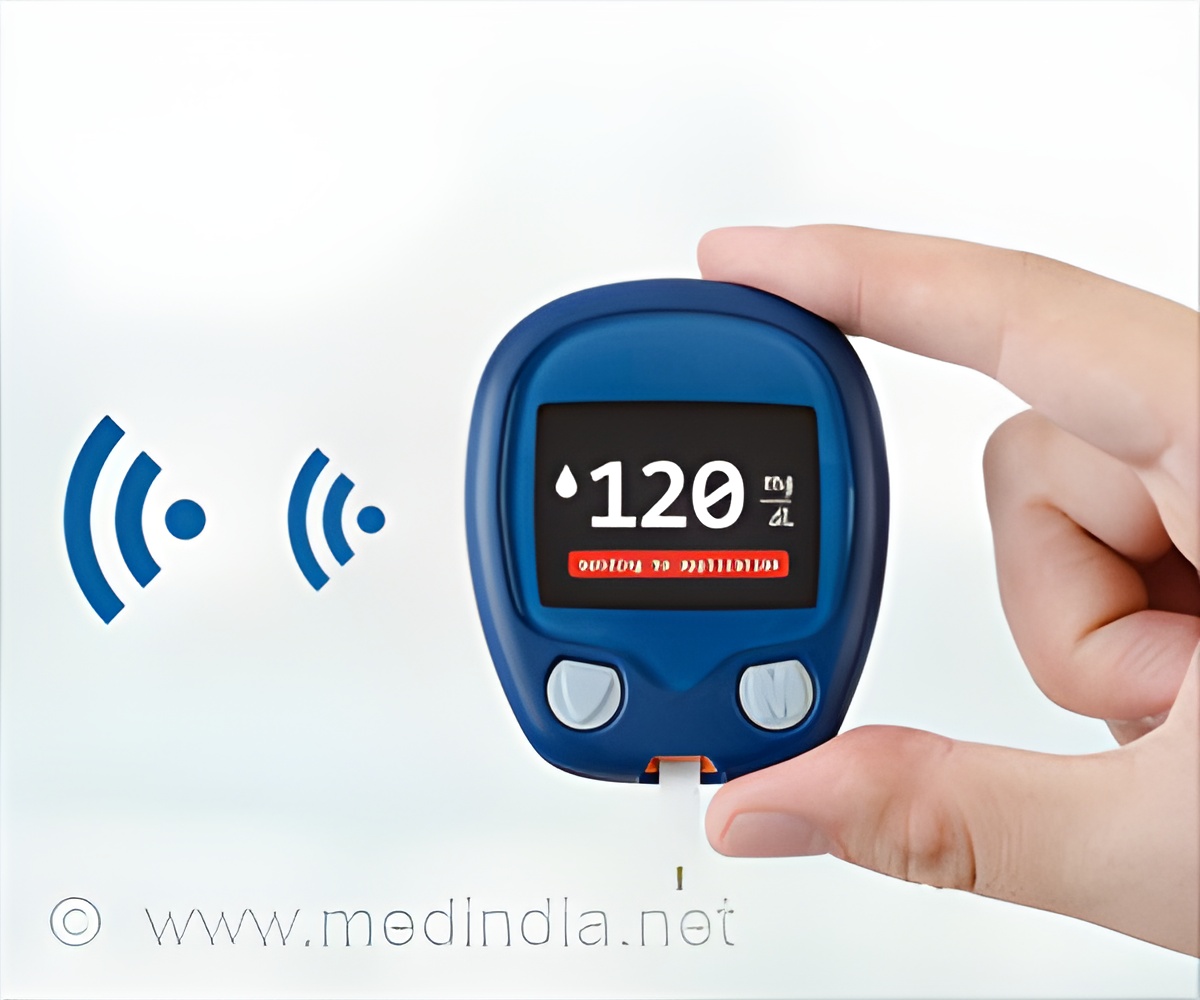
‘Glucagon resistance is an entirely new fundamental topic that when detected and treated, prevents the increased risk of developing prediabetes, and eventually, type 2 diabetes.’
Tweet it Now
Glucagon sensitivity reduces as the secretion of glucagon increases through the feedback system between the liver and the pancreas.An elevated level of glucagon increases sugar production in the liver and thus creates a high blood sugar level.
Researchers are introducing the concept of glucagon resistance within the field of diabetes and they believe that this fundamental concept should not be limited to the laboratories and research environments.
”Glucagon resistance is an entirely new biological concept that we will include in the future teaching of medical students, just as we do today with insulin resistance,” says Nicolai J. Wewer Albrechtsen.
Decreased glucagon sensitivity helps to explain the connection between fatty liver and type 2 diabetes. If decreased glucagon sensitivity is detected, the treatment can be started earlier.
Advertisement
“Our study points to a new biomarker (the glucagon-alanine index) that may be useful in identifying persons with impaired glucagon sensitivity. If we can detect glucagon resistance from a blood test, we can start treatment early and thus prevent the development of type 2 diabetes,” says Marie Winther-Sørensen.
Advertisement
”We know that the pharmaceutical industry has just started using our marker for glucagon sensitivity in studies where new treatments are tested. Our study has the potential to demonstrate glucagon resistance in fatty liver based on a simple blood test, and we must now investigate this in a so-called lottery experiment,” says Marie Winther-Sørensen.
Source-Medindia














